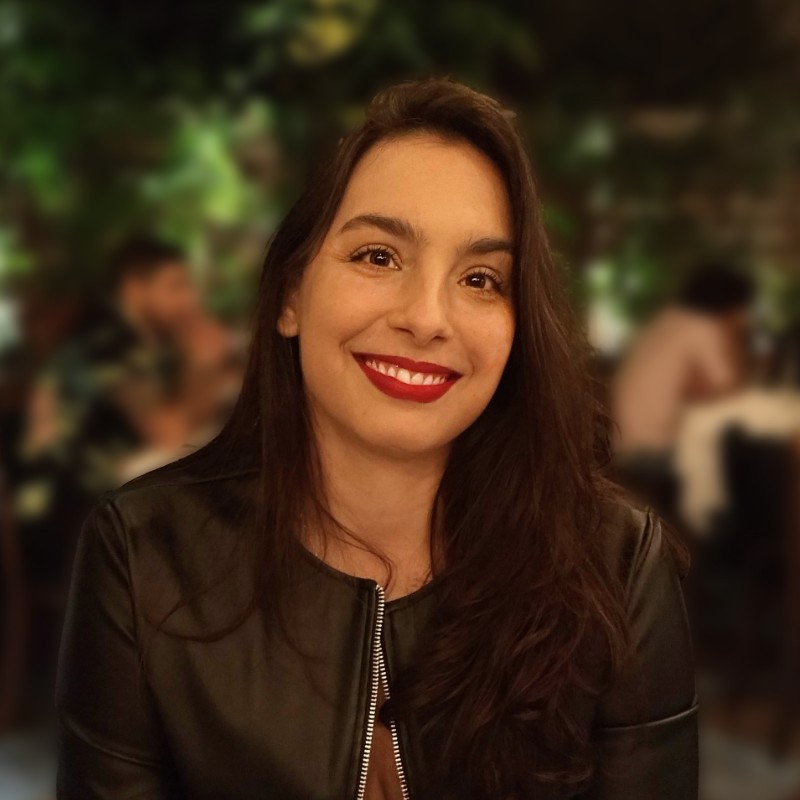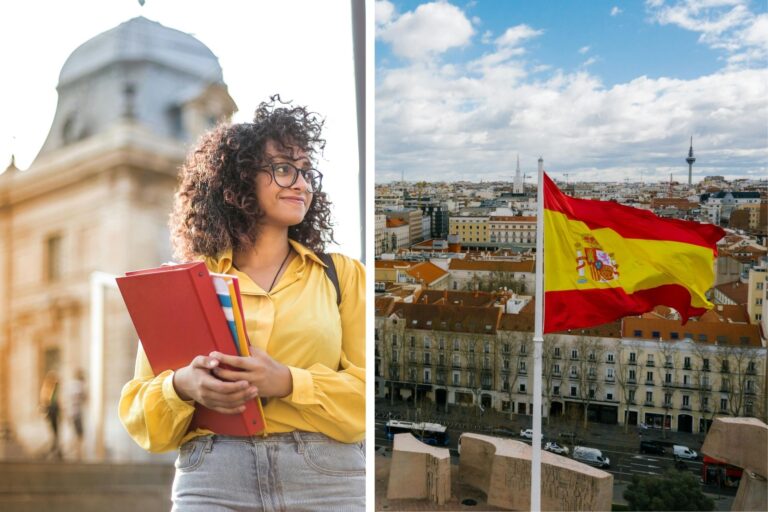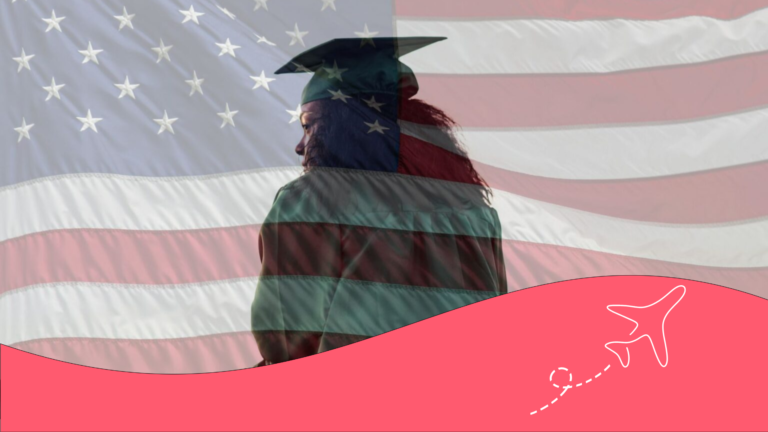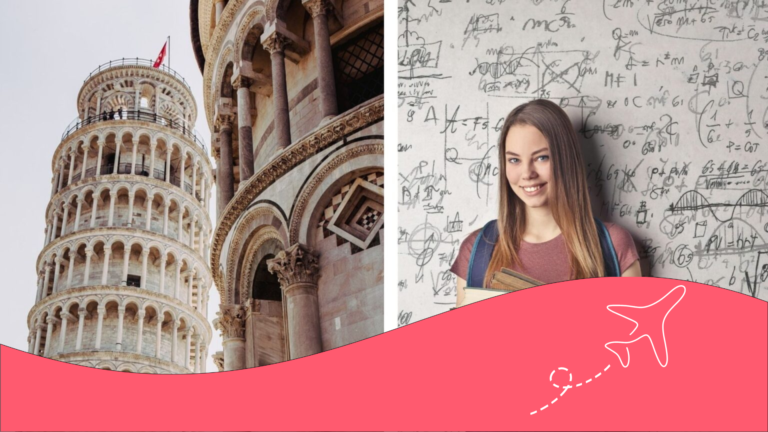What is Erasmus+? The complete guide to Europe’s life-changing programme
Discover how Erasmus+ works, who can apply, what’s covered, and how to make the most of this EU-funded education and mobility programme.
Have you ever dreamed of studying in Paris, doing an internship in Berlin, or volunteering in Lisbon—with funding from the European Union? That’s exactly what Erasmus+ makes possible. Whether you’re a student, teacher, trainee, or volunteer, Erasmus+ opens the door to life-changing opportunities across Europe and beyond.
In this guide, we’ll break down what Erasmus+ is, how the Erasmus programme works, who it’s for, and how to apply—so you can start planning your next big adventure.
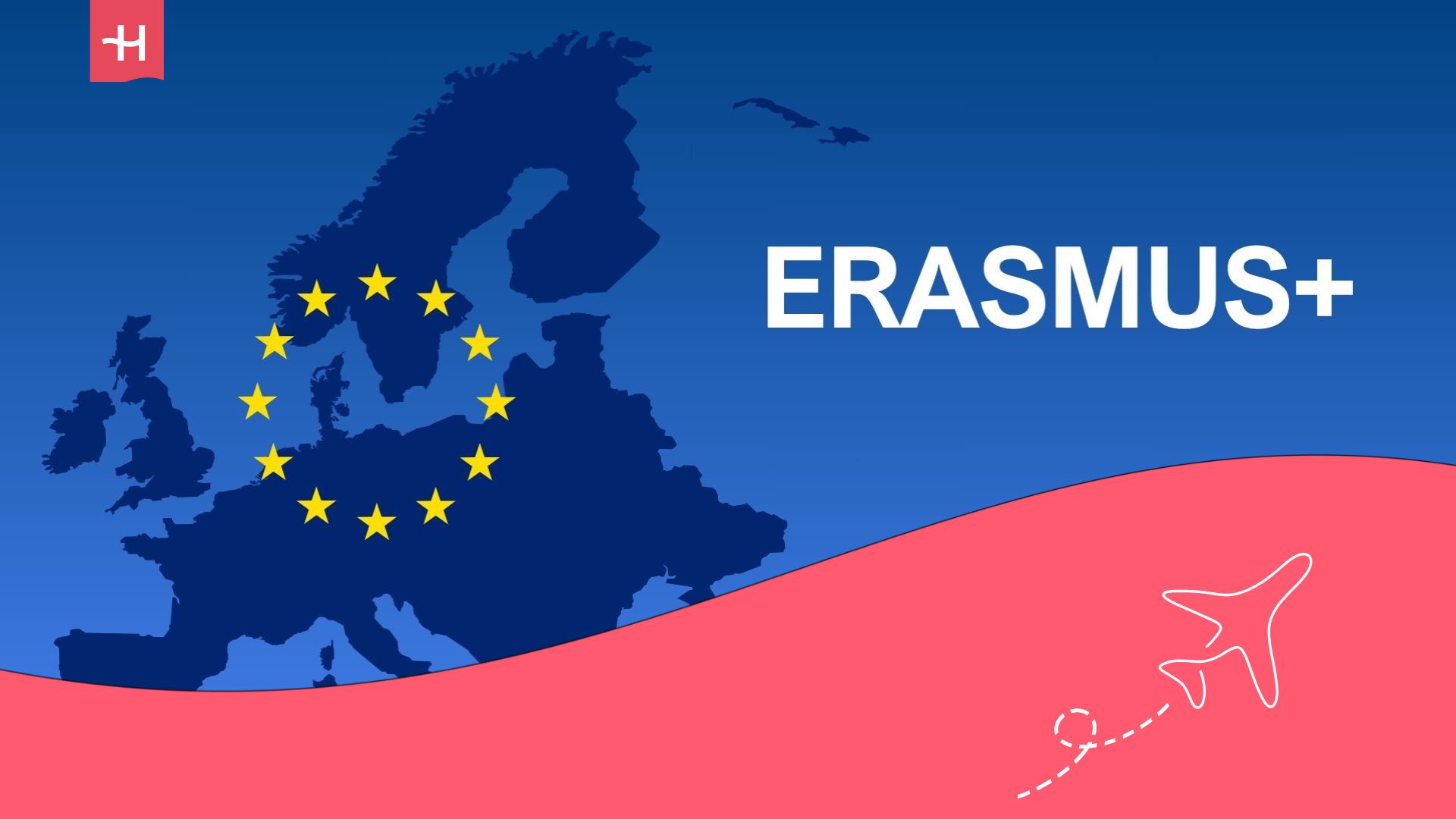
What is Erasmus+?
Erasmus+ is the European Union’s flagship education and mobility programme. It supports education, training, youth, and sport in Europe. It helps people study, train, work, or volunteer abroad, all while building skills, boosting careers, and creating unforgettable experiences.
Erasmus+ is more than just a scholarship—it’s a cultural exchange programme that connects people, builds skills, and creates lifelong memories. Let’s go over some facts of Erasmus+ Programme:
- Launched in 1987 as Erasmus.
- Evulved into Erasmus+.
- Funded by the European Commission.
- Includes a broader range of participants and activities.
- Runs in a seven-year cycle—the current one runs from 2021 to 2027. The cycles cover diverse initiatives.
- Erasmus+ Programme 2021-2027 has an estimated budget of €26.2 billion, which doubles its predecessor’s budget.

Who can apply to Erasmus+?
Erasmus+ is open to students, teachers, volunteers, and youth workers applying through a university or organization. As a result, access to the programme is dependent on these two actors:
- Participants: individuals taking part in the Erasmus+ project activities. They will receive part of an EU (European Union) grant to cover their costs of participation.
- Participating organizations: Informal groups of young people involved in an Erasmus+ project, as either applicants or partners, and self-employed persons.
For both participants and organizations, the conditions for participation depend on the country they are based.
About the participants
Participants in the Erasmus+ programme are generally required to reside in an EU member state or a third country associated with the programme. However, there are certain Actions—particularly in the areas of higher education, vocational education and training (VET), youth, and sport—are also open to individuals from non-associeted third countries.
Eligible participants include:
- Higher education students (undergraduated and postgraduated)
- Recent graduates and (VET) learners
- Youth workers and teachers
- Volunteers.
- Academic staff and educational institutions.
Specific conditions for participating in an Erasmus+ project, such as age limits, depend on the type of Action that interests you. However, we can break down the main target groups depending on specific fields:
| Field | Main Target Groups |
| Higher education | Higher education students (short cycle, second or third cycle). Higher education teachers and professors. Staff of higher education institutions. Trainers and professionals in enterprises. |
| Vocational education and training | Apprentices and students in vocational education and training. Professionals and trainers in vocational education and training. Staff of initial vocational education and training organisations. Trainers and professional in enterprises. |
| School education | School leaders. School teachers and school staff. Pupils in pre-primary, primary and secondary education. |
| Adult education | Members of non-vocational adult education organisations. Trainers, staff, and learners in non-vocational adult education. |
| Youth | Young people from 13 to 30. Youth workers. Staff and members of organisations active in the youth field. |
| Sport | Professionals and volunteers in the field of sport. Athletes. Coaches. |

Which countries participate in Erasmus+ Programme?
Most EU countries participate in Erasmus+, along with others such as Norway, Türkiye, and Serbia. In certain cases, students from non-EU countries may also be eligible to join specific Erasmus+ initiatives.
- Members of the European Free Trade Association (EFTA), which are members of the European Economic Area (EEA): Norway, Iceland, Liechtenstein.
- Acceding countries, candidate countries and potential candidates: North Macedonia, Republic of Türkiye and Republic of Serbia.
- Third countries not associated with the Programme (legal entities from third countries can be eligible in Erasmus+ actions in particular and justified cases on behalf of the Union interests).
If your country of residence is not listed above, or you are simply curious enough to learn more about Erasmus+ eligibility, you can check the Erasmus+ country list for up-to-date info.
Erasmus+ funding: What’s covered
Erasmus+ participants receive a monthly grant funded by the European Commission to help cover the costs of studying or training abroad. The final amount depends on the host country and the length of the exchange, typically ranging between €400 and €500 per month.
Grants for internships are generally higher, and additional financial support is available for students from disadvantaged backgrounds or those with special needs.
Since most Erasmus+ students are exempt from their tuition fees at the host institution, the grant is intended to ease the burden of travel, relocation, and daily living expenses during the exchange.
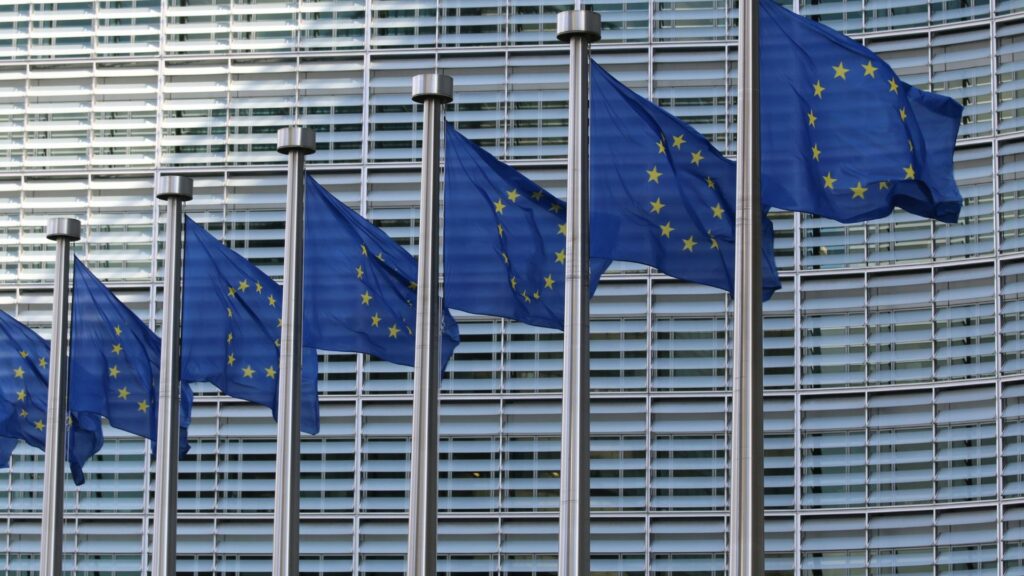
How to apply for Erasmus+?
As a first step, you should check the eligibility of your home university or agency. Remember that applications are made through your home university or a national agency. Even though application process depends on your country and institution, here’s the four official steps of the application:
Step 1: Registration
Depending on the action you choose, the registration is managed by a different agency: Executive Agency or National Agencies:
- If the action is managed by the Executive Agency, applicants, affiliated entities and associated partners must register in the EU Funding & Tenders Portal, and receive a Participant Identification Code (PIC).
- If the action is managed by National Agencies, applicants must register through the Organisation Registration system for Erasmus+ and European Solidarity Corps, and receive an Organisation ID.
You’ll be asked to provide the PIC or Organization ID in the application form submitted in Step 4.
Important: If the agency or institution you’re applying through has already completed the registration and holds a valid PIC or Organization ID, you don’t need to register again. Just make sure to request this information from them before moving forward.
Step 2: Compliance
At this stage, participants must verify that both their projects and their profile meet the programme criteria. These fall under five main categories:
Admissibility criteria
- Submission Deadline: Each call has a specific deadline. Submitting late automatically disqualifies your application.
- Application Format: Submission must be readable, accessible, and complete, containing mandatory annexes and supporting documents.
What does complete mean? Let’s break it down:
- Part A: Administrative details – information about the coordinator, beneficiaries, affiliated entities, and a summary of the budget
- Part B: Technical project description
- Part C: Additional project-related data
Eligibility criteria
Eligibility criteria are directly related to the selected Action you’re applying for, and the applicant and the proposal must meet the criteria. The project and participants must meet requirements such as:
- Profile of the applicant and participants
- Number of organizations involved
- Type and duration of activities
- Number of participants
Exclusion criteria
The programme excludes organizations or individuals that are already receiving Union funds, or are bankrupt, subject to insolvency or winding-up procedures, for instance. Moreover, participants and organizations should not be guilty of grave professional misconduct. These checks are part of the EU Financial Regulation.
Selection criteria
The Agencies evaluate the applicant’s financial and operational capacity to complete the project. How? They review information requested in the application form.
Because of the Selection criteria, the agencies may request additional information and documents to be presented related to financial and operational capacity.
Award criteria
Once your project passes the initial checks, it will be evaluated based on quality and alignment with Erasmus+ objectives.
Step 3: Financial Conditions
Erasmus+ provides funding through lump sums or unit cost reimbursements, rather than actual expenses. This makes budgeting easier and more predictable for applicants.
Grant amounts depend on factors like project type, duration, number of participants, and travel distance. Use the Erasmus+ Programme Guide to estimate your funding.
Step 4: Application Form
Time to apply! Each action has a specific application form. All application forms must be submitted electronically via different portals depending on the agency:
- Executive Agency: Submit via the Funding & Tenders Portal
- National Agencies: Submit through the application forms in the Opportunities section of the Erasmus+ and European Solidarity Corps website.
The application forms must be submitted along with any annexes and supponting documents.
Requirements vary by project type, country, and Action—so after reading this article, I recommend watching the video What’s Erasmus+? from the European Parliament to learn more about Erasmus+.
Important: If you are a frequent traveler and want to stay connected without worrying about expensive roaming or looking for a new SIM at every destination, Holafly’s subscription plans are for you. With a single eSIM, enjoy internet in more than 170 countries for a fixed price and no surprises on your bill. Travel without limits and connect easily and securely! 🚀🌍
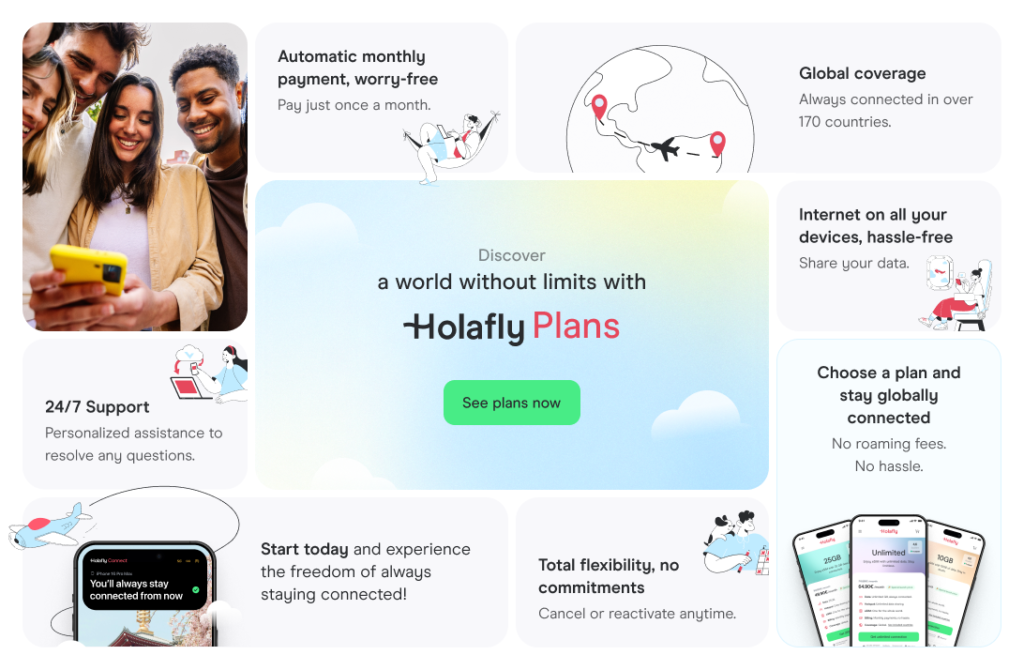
Why Erasmus+ could be a life-changing experience?
The Erasmus+ programme offers academic expansion, mobility and cooperation opportunities, encouraging participants to support people with disabilities, those from disadvantaged backgrounds, people facing social, economic, or educational barriers.
It’s more than studying abroad—it’s a step toward independence, international experience, and becoming a global citizen. Whether you’re a student, a teacher, or a volunteer, Erasmus+ offers a life-changing opportunity to explore, learn, grow across borders, and confidently navigate new cultures.


















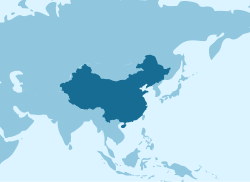

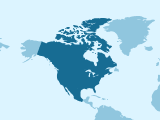


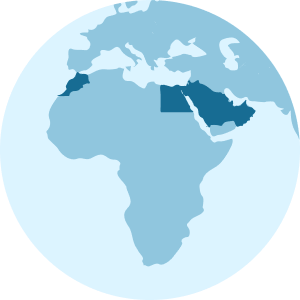



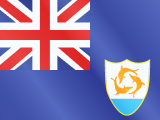

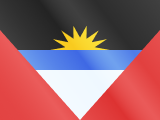





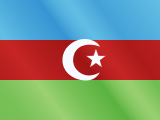


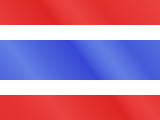

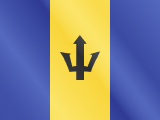





 Pay
Pay  Language
Language  Currency
Currency 


















 No results found
No results found
